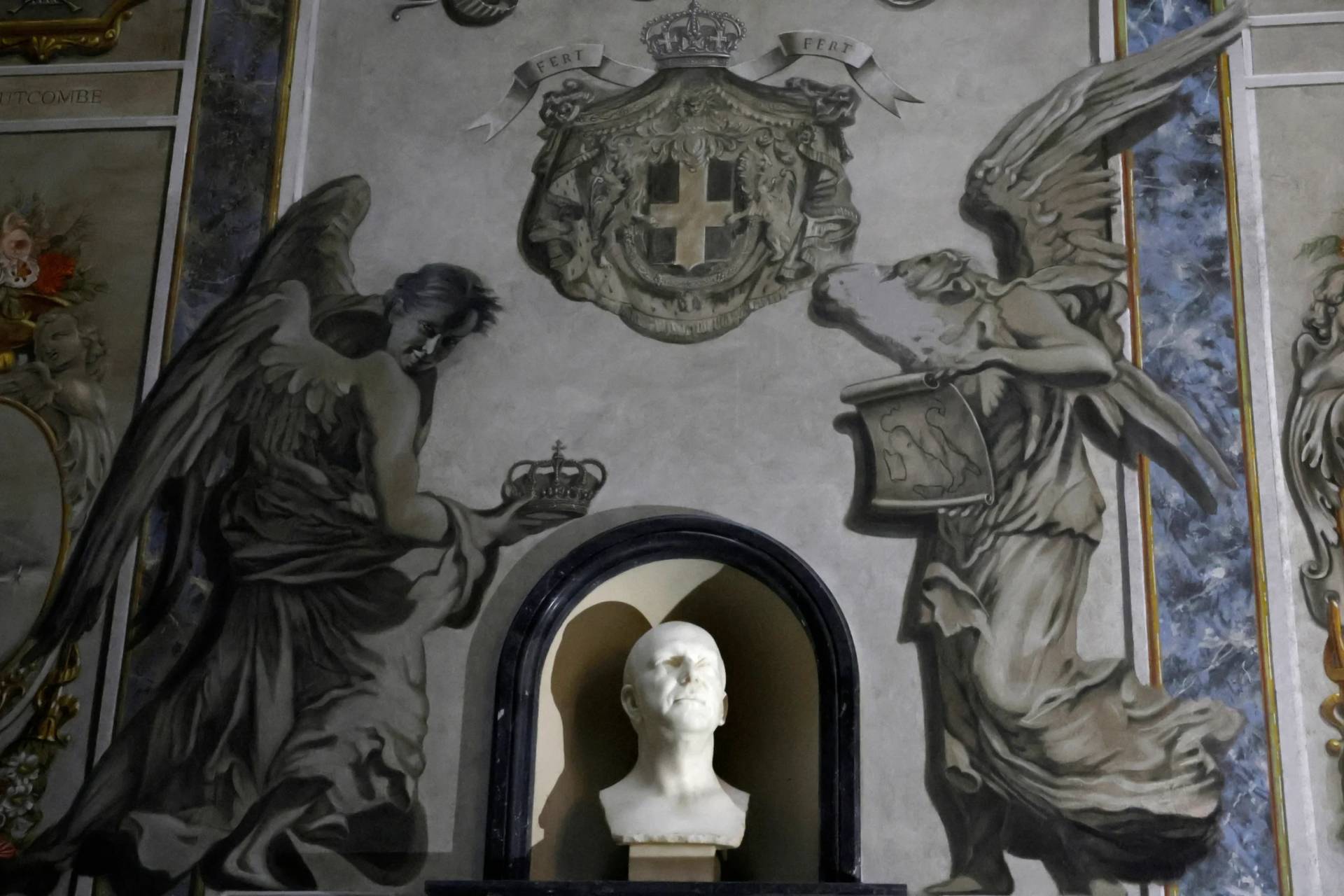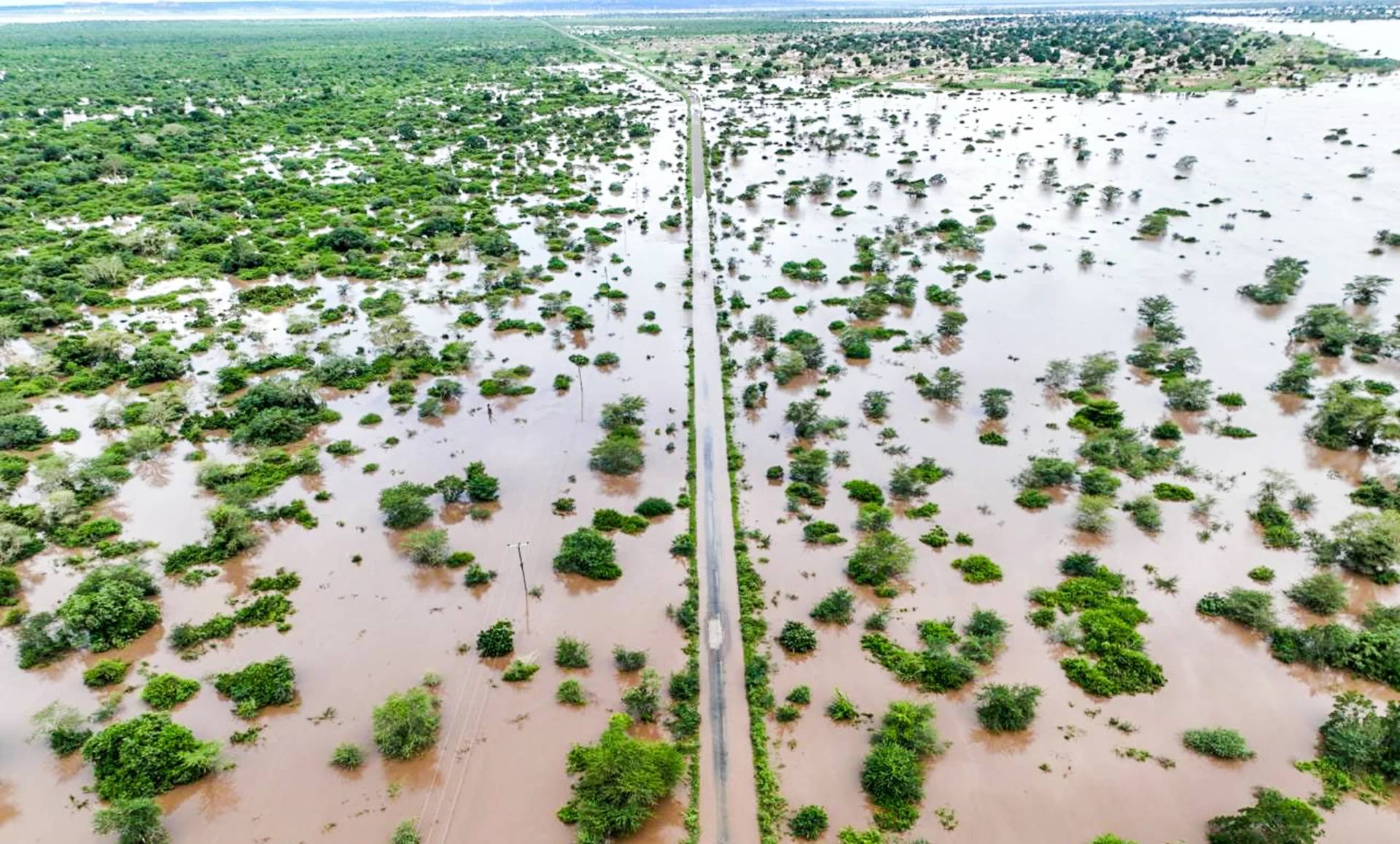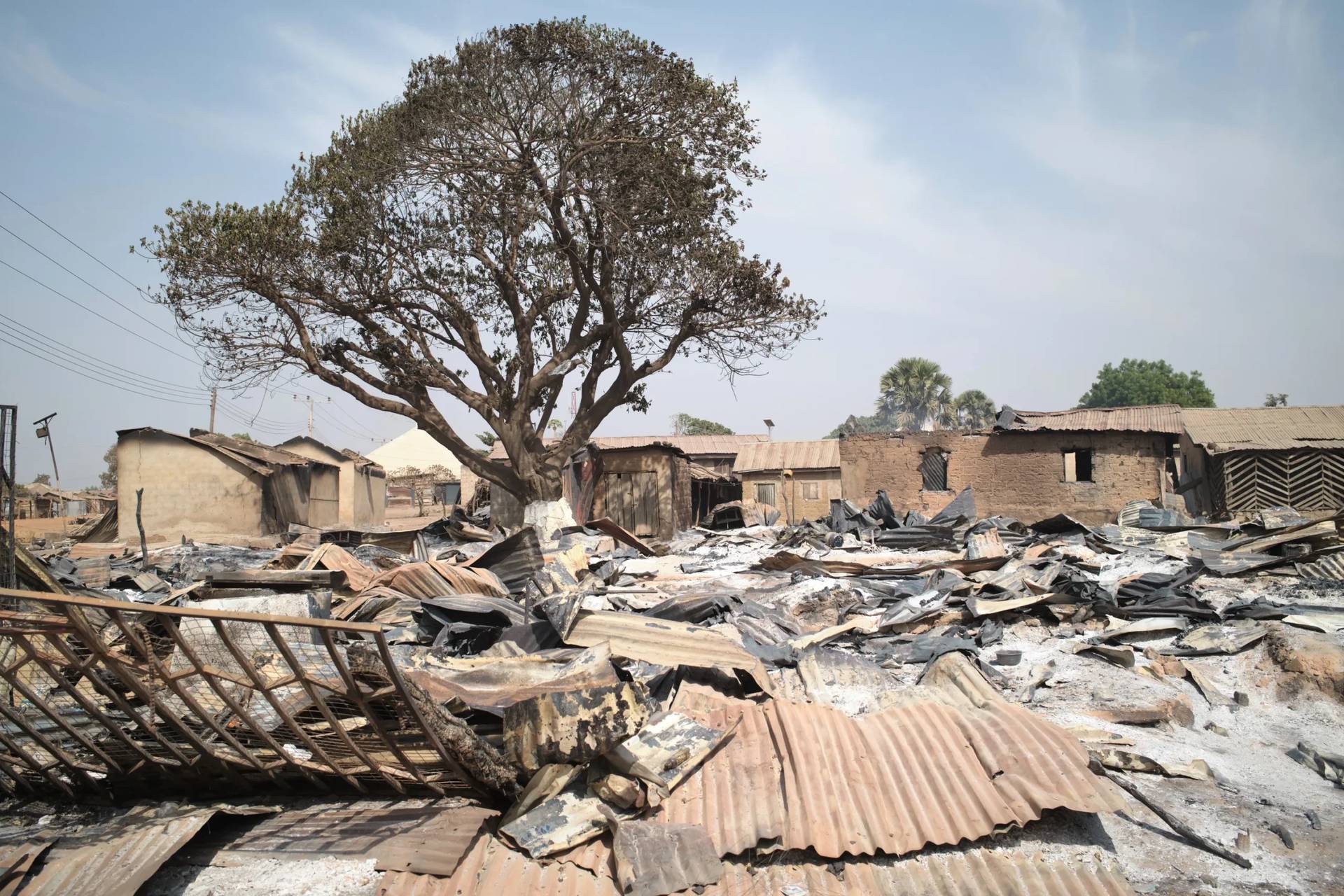YAOUNDÉ, Cameroon – A prominent Catholic priest in Togo has chastised the country’s political leaders for ignoring the legitimate demands being made by the Togolese people for democracy.
“On several instances, the people of Togo, of whom you are sons and daughters, have clearly demonstrated their choice of democracy as a paradigm for the political governance of the land of their ancestors. Unfortunately, the basic democratic exigencies they are calling for have been ignored by you, the political leaders,” said Father Pierre Marie Chanel Affognon in an Aug. 1 open letter.
Affognon is the chaplain of the Association of Catholic Leaders of Togo, a position he has held since 2015 when the Catholic Church in Togo decided to create the position to provide spiritual direction for the elites of the country belonging to the Catholic Church.
Nearly 30 percent of the Togolese population are Catholic, and it makes up the largest single religious group in the country.
Since August 2017, opposition parties have been holding street demonstrations, calling for a return to the 1992 constitution which limited presidential mandates, but which were overturned ten years later.
President Faure Gnassingbé has been in office since 2005, following the death of his father, Gnassingbé Eyadema. Eyadema had ruled Togo for 38 years, ever since he overthrew the country’s second president, Nicolas Grunitzky, in a coup d’état in 1967.
In September 2017, Togo’s 14-party opposition coalition rejected a government bill to restore a two-term presidency, but it would not be retroactive – allowing Gnassingbé to run again in 2020 and 2025.
The Catholic bishops of Togo have supported the re-introduction of term limits and warned the political conflict could take on religious and tribal overtones, in a country that is 30 percent Christian, 20 percent Muslim, and 50 percent of the population practice indigenous religions.
RELATED: Bishops of Togo call for dialogue as political crisis drags on
The tribal politics in the country are also influenced by its colonial history.
During Germany’s colonial rule over Togo, members of the Ewe tribe in the south of the country were favored by the Germans and benefited from missionary education. When the French succeeded the Germans in Togo after World War I, the Ewes became administrators for colonies throughout French Africa.
By the time Togo got its independence in 1960, the Ewes – who are the largest individual tribe in Togo, with about 30 percent of the population – had become the dominant group both in the administration and public service.
But the Ewe tribe was not the only one to have benefited from colonial policies.
The Kabye tribe of the north suffered economic hardship and illiteracy, yet they had been recruited into the army under French rule, and at independence dominated the military. They still do so today, despite making up only between 15 and 20 percent of the population.
Togo’s first president, Sylvanus Olympio was supported by the Ewes, but he was assassinated in a military coup in 1963, with Grunitzky eventually taking power.
Under the rule of Olympio and Grunitsky, Ewes held almost 70 percent of the ministerial posts, with Kabye holding 20 percent.
But the fortunes of the two main groups changed on January 13, 1967, when Eyadéma, an ethnic Kabye army colonel, took power in a bloodless coup. Suddenly, the Ewe tribe only had 25 percent of the cabinet positions.
Eyadéma repressed Ewe nationalism and other forms of dissent. When the wave of democracy swept the continent in the 1990s, the president instituted elections, which outside observers said were marred by electoral fraud.
At least 200 people were killed in 1998, after the president was accused of stealing the election.
Eyadéma introduced term limits in 1992, after a series of political protests, but ended them in 2002, with the hopes of running for re-election in 2008.
After his death in 2005, the military made sure his son succeeded him, causing more riots. Both the 1998 and 2005 demonstrations took on an ethnic character.
In his open letter, Affognon said the political class has answered the people’s demand for democracy with “several deaths, broken families, people who have simply disappeared, material destruction, exiles, arbitrary arrests, torture and imprisonment.”
The priest said Togo’s distant and recent past has remained that of suffering and lashed out at political leaders who claim to work for the peace and stability of the nation yet have failed to concretely address the causes of unending misery.
“The situation is dire, and the dignity of our valiant people requires that you take concrete acts that promote life and not an increase in the political culture of death,” wrote Affognon.
“We require of you a new vision, a renewed political mentality that lays emphasis on republican values and a new engagement that draws from the bank of democracy and the principles of good governance for the integral development of our nation,” he continued.
RELATED: Retired archbishop in Togo calls on president to step down
“In essence, the socio-political crisis in our country challenges each one of you to definitively sacrifice your personal, ethnic, clannish, and partisan interests which some observers have qualified as ‘egoistic’ in order to enhance the common good which in essence is the higher good of the nation,” Affognon said.
The priest called on political leaders to perform “acts of patriotism” to clean up their tarnished image in the eyes of the people.
“You are capable of doing that,” he said. “Don’t wait for anyone to rebuild our country and do not think that other nations will love Togo and the people of Togo more than you.”













